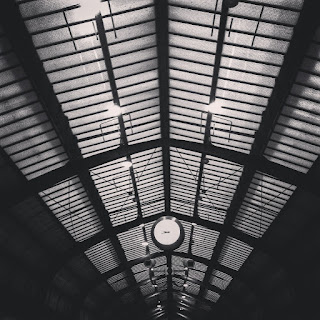

“What the Photograph reproduces to infinity has occurred only once: the Photograph mechanically repeats what could never be repeated existentially.”


“When we define the Photograph as a motionless image, this does not mean only that the figures it represents do not move; it means that they do not emerge, do not leave: they are anesthetized and fastened down, like butterflies.”



“For me the noise of Time is not sad: I love bells, clocks, watches — and I recall that at first photographic implements were related to techniques of cabinetmaking and the machinery of precision: cameras, in short, were clocks for seeing, and perhaps in me someone very old still hears in the photographic mechanism the living sound of the wood.”


“One day, quite some time ago, I happened on a photograph of Napoleon’s youngest brother, Jerome, taken in 1852. And I realized then, with an amazement I have not been able to lessen since: ‘I am looking at eyes that looked at the Emperor.’ Sometimes I would mention this amazement, but since no one seemed to share it, nor even to understand it (life consists of these little touches of solitude), I forgot about it.”



“Ultimately — or at the limit — in order to see a photograph well, it is best to look away or close your eyes. 'The necessary condition for an image is sight,'Janouch told Kafka; and Kafka smiled and replied: 'We photograph things in order to drive them out of our minds. My stories are a way of shutting my eyes.”
Roland Barthes



“Ultimately — or at the limit — in order to see a photograph well, it is best to look away or close your eyes. 'The necessary condition for an image is sight,'Janouch told Kafka; and Kafka smiled and replied: 'We photograph things in order to drive them out of our minds. My stories are a way of shutting my eyes.”
Roland Barthes





2 comments:
τρομερό μπράβο σου!
ευχαριστώ :-)
Post a Comment